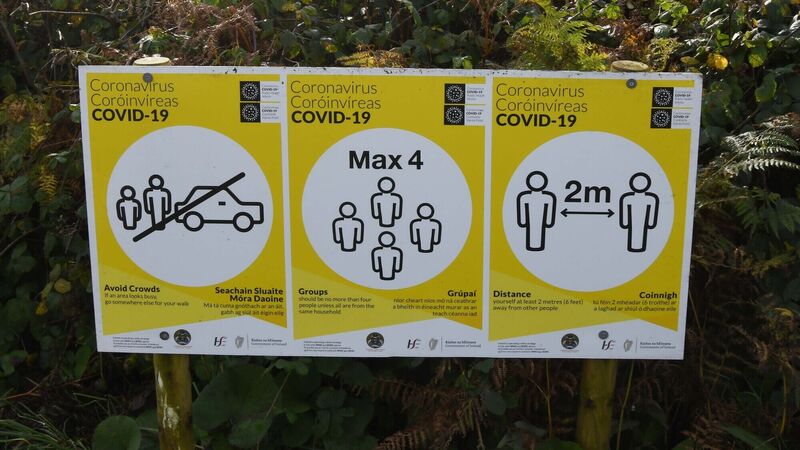'No guarantee' restrictions won't return after 'very concerning' rise in cases, says Martin

Mr Martin said that it had been proven that vaccines work, and he appealed to anyone who has not yet been vaccinated to do so to avoid severe illness.
Taoiseach Micheál Martin has said that the recent increase in cases of Covid-19 is “very concerning” and that it could not be guaranteed that restrictions would not be re-introduced.
Speaking this morning, the Taoiseach said that modelling from the National Public Health Emergency Team (Nphet) had suggested that the current rise in cases would peak at the end of November.













